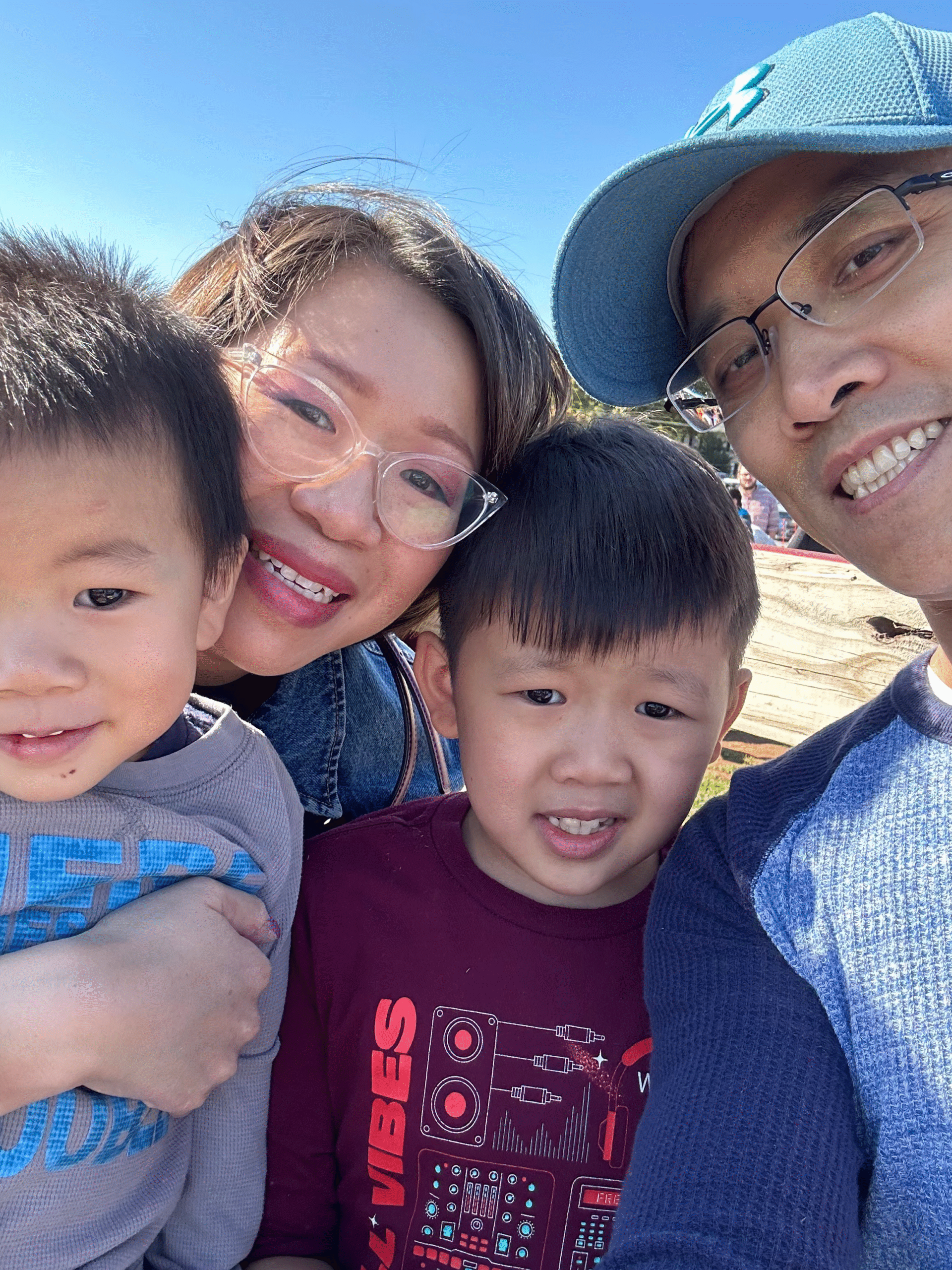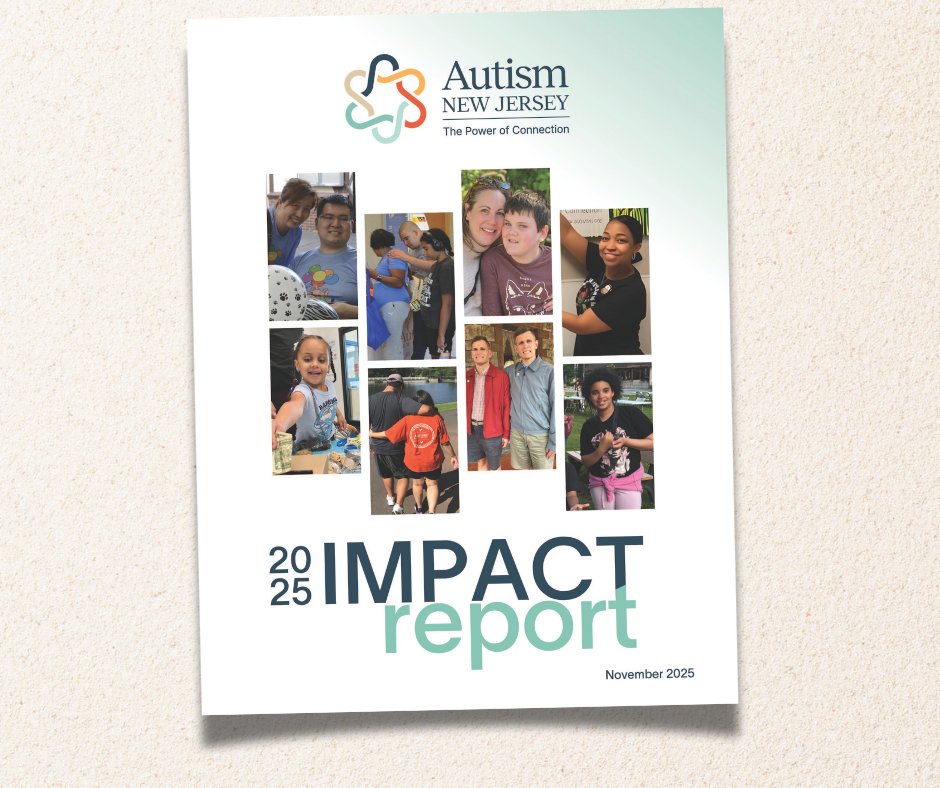
A mom walks into the allergist’s office with her 24-year-old daughter with severe autism. It’s an initial appointment, but she’s already filled out some paperwork about what her daughter would need and had a quick phone call with a nurse. She is scheduled for the first appointment of the day, and when she walks up to the check-in desk, the receptionist greets her daughter by her name and walks them directly back to a patient room.
The nurse enters just a few seconds later, pulls up her daughter’s chart and immediately brings out a visual schedule of the needed vital signs. She uses gestures to help her daughter follow along with the required steps, and quickly completes the vital checks from the chair where her daughter is sitting.
The doctor comes in before the nurse leaves so he can talk with mom directly about her concerns. The nurse remains in the room, sitting near her daughter and watching a video of her choice with her. The doctor then offers her daughter a fidget toy to hold during the examination and asks what her favorite music is, which he turns on quietly. He completes his examination of her daughter quickly but also pauses every time she begins to whine. Each time he says calmly, “I know this is hard. We can take a break. Nod your head when you are ready for me to start again.”
Once the appointment is over, the nurse lets them know that they can leave immediately and the office will email them with any follow-up, including payment.
For many, this is the exact opposite of their experiences at a doctor’s office. But we believe it is possible. We envision a future where individuals with autism are embraced and supported in healthcare interactions and settings.
We hear the term “autism friendly” more often these days, and it’s even made its way into a Wikipedia entry. But what exactly does it mean?
In general, it refers to an awareness and acceptance of the sensory and communication differences and needs of individuals with autism. It also suggests a willingness to make modifications to a physical space or interaction to accommodate these differences. What this looks like in practice across a variety of settings is not clear, and in fact, there are no standard “autism-friendly practices.”
In healthcare, some hospitals have launched autism-friendly initiatives to improve patient care experiences for those with autism and their families. Without defined “best practices,” however, each healthcare institution is left to decide how they will implement autism-friendly care. This means there is still a great deal of variability in what someone with autism can expect when accessing healthcare. A shared understanding of what autism-friendly practices are in medical settings will help improve communication across professions and most importantly, improve healthcare for individuals with autism.
One hospital with a particularly advanced autism-friendly initiative, Boston Medical Center, recently published results of their efforts to establish a consensus on healthcare autism-friendly best practices. With a stakeholder group that included healthcare professionals, autism professionals, autistic individuals, and family members they worked to create an agreed upon list of autism-friendly practices:
“Those with autism deserve high quality healthcare alongside all other patients. Through our autism-friendly efforts, we’ve been able to see rapid culture shifts that have catalyzed the day-to-day operations of our healthcare practice, affecting countless patients’ lives and transforming staff satisfaction. The stories of success are profound and humbling and continue to push us forward in driving this much needed change.”
Shari Krauss, MA MPH – Director of the Autism Program at Boston Medical Center
Read a summary of the study, Identifying Components of Autism Friendly Health Care.
Autism New Jersey’s Advancing Healthcare Initiative
High quality compassionate healthcare should be the rule, not the exception. For this reason, Autism New Jersey’s Advancing Healthcare Initiative seeks to make these autism-friendly practices an integral part of all healthcare practice.
 Share Your Story
Share Your Story
Sharing your healthcare experiences as an autistic individual or a loved one of someone with autism will help us prioritize our work and share the autistic community’s needs with healthcare systems, administrators, payors, and providers. Please spend 10-20 minutes of your time completing our survey!
Our initiative’s success will be greatly enhanced by hearing and sharing the lived experiences of the New Jersey autism community.
Are you a healthcare provider or administrator who is implementing autism-friendly practices? Or do you want to start implementing them? Please click here for more information on our Advancing Healthcare Priorities and how our clinical staff could support you in creating more positive healthcare experiences for your patients with autism.
Contact Lauren Frederick, M.A., BCBA, Clinical Director, lfrederick@autismnj.org.












